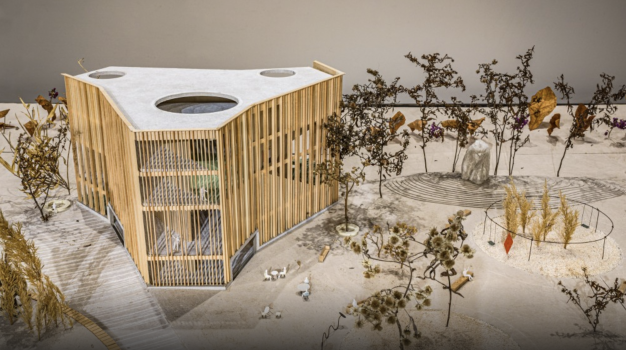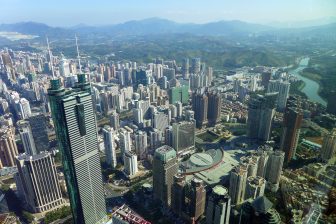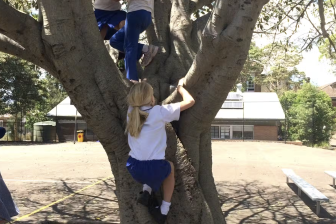
Children’s committee inspiring the architecture for new Austrian arts centre
Children in the Austrian city of St Pölten are inspiring the design of a new architectural project that will give them the opportunity to learn more about contemporary art and culture.
‘KinderKunstLabor’ is due to open in 2024, and will use renewable building materials to have a positive effect on the local ecology, and wood as the main material in order cut CO2 emissions. Swiss architect Michael Salvi, and the firm represents, Schenker Salvi Weber Architekten ZT GmbH, was the winner of a pan-European competition to come up with a project of this type. They came out on top of more than 40 other bids.
Creative minds of youngsters
Yet while Salvi and Schenker will naturally provide the technical expertise, much of the design is coming from the creative minds of youngsters who are part of an 83-strong children’s committee, formed specifically for this exciting scheme.
Johanna Miki-Leitner, governor of Lower Austria, said: “With this complete work of art, we want to cause a sensation at a regional, national and international level, especially among children and families. In workshops, the children’s ideas, imagination, innovation and self-confidence should be strengthened.
“The architects have really succeeded in designing innovative, high-quality architecture geared towards the needs of children, which clearly stands out from conventional museum buildings. In any case, this KinderKunstLabor will be a real beacon for culture and culture mediation far beyond the borders of Lower Austria and, above all, an important highlight in the context of the 2024 art and culture focus.
High-quality architecture geared towards the needs of children
Michael Salvi said: “We are looking forward to developing this innovative project in cooperation with the children’s councils, the management of the Children’s Art Laboratory and the partners of the city of St. Pölten and the state of Lower Austria. The conscious decision to use a renewable building material for the supporting structure has a positive effect on the ecological balance of the building.”
The construction will cost about 12 million euros and will be funded by the city, the state and the federal government.




